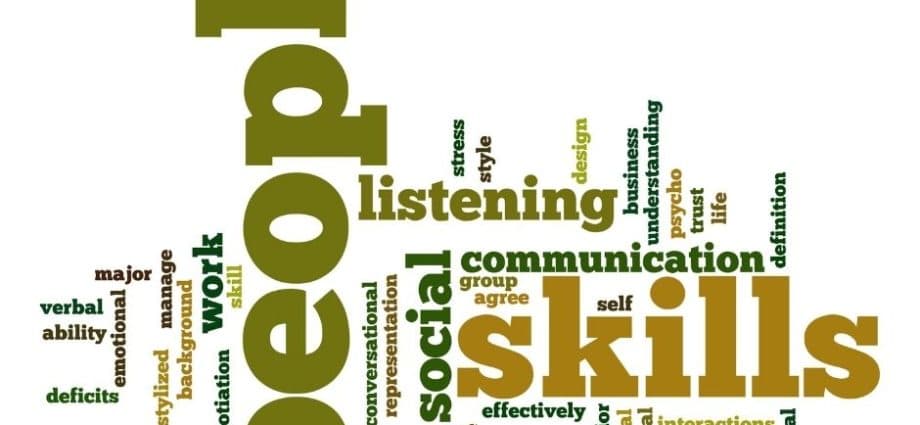A balanced life begins with putting our life skills in action. Without action, there is no use of the skill. Addiction recovery is far more than an individual simply coming off of drugs and alcohol. In it’s entirety, recovery is a process of learning how to live effectively as an individual, as well as within social, and family units. Thus, while lifelong participation in 12 step programs and therapy or support groups assists individuals with maintaining focus on the practical aspects of their sobriety, the rest of the long-term lifestyle changes are left up to the initiative of the individual. A yogic lifestyle orientation can help with this.
Get motivated!
“Activities of Daily Living”, or ADLs, are the tasks that we tend to do on a routine basis for healthy, balanced living. The more you use them, the easier it gets to maintain your consciously chosen way of life. Day-to-day implementation of ADLs looks different from person to person. The great thing about this is that you can account for your own personal needs by taking stock in your lifestyle choices. This is a process of empowerment! Initiate this process by looking at your life with total honesty. Expose yourself to the tools and resources you will need to bring your best, healthiest life to the forefront of everyday actions. The emotional and spiritual journey of finding solace in your ability to take care of yourself with conviction is priceless. Regaining the ability to tackle everyday life with confidence is an amazing accomplishment.
-
Embrace Each Accomplishment
- First things first, did you get up on time? Showered? Attended a meeting? Each of these is a milestone step toward transforming your life into a quality experience. Take moments to sit with yourself, breathe, and send gratitude to the efforts you are putting forth. Remember, you GET to do this, and that is perhaps the biggest blessing of all. Life skills in action start with giving yourself credit where credit is due. Gratitude to the little things.
-
Stay Aware of Dysfunctional Thoughts
- Now that you’re up and moving, check in on those automatic thoughts. For everything that we take away from our lives, we add in something positive of far greater value. Recovery isn’t about deprivation. It’s is a state of serenity. As such, we need to notice if we are focused, making routine movements forward, and entrenched with a mindset that will support what we want. Every time you notice that old stinking thinking creeping back in, mindfully replace it with your best attitude of gratitude.
-
Realize That Money Is A Tool
- Next, let’s get the most popular topic out of the way. One of the top stressors in most people’s lives, is the number of dollars that they have, or lack of such dollars, to meet their goals and needs. In early recovery, it is often perceived as a roadblock to success. Get it in perspective. You’ve earned it before, you can earn it again. Sometimes there’s extra, sometimes not. It’s okay. Remember, everyone has bills. Work with what you’ve got and don’t let it get you down. Sometimes each individual needs a loving reminder to create a budget. Without a budget, any money that does come into our lives is often mismanaged and squandered, leaving us in an additional pickle that we really don’t need. If you want this life tool to work for you, start by creating a symbiotic relationship with it. Put your life skills in action.
-
Look At Your Relapse Prevention Plan
- Chances are, that when you were working up your relapse prevention plan for life after treatment, you were understandably focused on one thing and one thing alone: maintaining sobriety. Understandably, this is the one point of focus that the rest of your life balances upon. As you start living your life of recovery, you will realize time and again how intertwined all areas of growth and success in your life depend on your sobriety. Therefore, this is the most worthy task that you have. Let your dedication to your recovery breathe life and positivity into every area of living that you can. In early recovery, actually look at your relapse prevention plan to touch base with this core intention. Recognize how it can help you today, and the reasons why you want it to.
-
Stay Accountable
- Recovery swings the pendulum away from the chaos and back in the other direction. As such, the more support that we connect to, the better we manage the natural ebb and flow of life and all its layers. For example, we take care of ourselves and we notice what the mind is doing. Then, we know where our money goes, and we’re connected to what we want most. Most importantly, we get clear on how to go about making that a reality. In this, we regain the ability to steer our actions and lives in the best possible directions. Basically, staying accountable means that we don’t hesitate to talk about all it. We hold ourselves accountable by letting other people support our journey. Remember, our goal is life skills in action. To do this, call your sponsor, touch base with your therapist, and engage with sober peers. Allow yourself to be supported.
-
Recognize Your Compounded Efforts
- You are getting stronger every single day.
- It doesn’t always feel that way.
- Feelings are not facts.
- While it takes time to fully readjust the sails of life, you are totally capable and supported in doing so. The first few months are the biggest adjustment as your brain resets to a new lifestyle. The clarity and awareness of your drug-free lifestyle are your number one asset in all areas of your life. Good daily choices for your recovery, are also good daily choices for the rest of your life. Stay focused on taking care of yourself in all of the best ways possible. One step at a time, recognize how each little action is moving you closer to everything that you truly want and need.
-
Cultivate Good Clean Feed
- Social media is so common in our daily lives now, that we must each ask ourselves how we want to use it. The truth is, it can be as encouraging or damaging to our self-care and recovery efforts as we allow it to be. Living life in the digital age presents us with the need to take stock in what’s being brought to our attention, and start filtering more than just our selfies. Go ahead, delete what’s no longer serving you. Your future self will be infinitely grateful.
-
Notice The Condition of the Mind-Body
- H.A.L.T. and notice how you’re really doing. Are you eating routinely? What’s making you angry? Do you feel lonely? Are you getting enough sleep? These most basic activity aspects of daily living following you into every moment. Assess the situation and ask yourself, “am I intentionally setting myself up to cope with life successfully?”
-
Expose Yourself To Nourishment
- Once you’ve filtered out what’s no longer serving you; actively seek out what will. Living our lives is the most basic form of exposure therapy that we encounter on a routine basis. What are you reading? watching and listening to? How does that support you? What activities can you bring into your day to nourish you so that you rarely get to to a point of feeling depleted?
-
Take It Easy
- Addictive behaviors took time to ingrain into our lives, to peak out, and send us spiraling to rock bottom. Recovery is going to take time too. The process of deconditioning the addictive mindset and replacing it with something new and wonderful doesn’t happen overnight or all at once. The impulse to fix everything as fast as possible won’t serve you here. Take your time and be patient with yourself. Utilizing the life skill of taking it easy helps to ensure that you are mindful, healthy, and piecing life back together in the most meaningful and lasting way possible. When we take the time that it takes, we build ourselves a solid foundation.
Want To Add-In Some Yoga?
Putting these life skills in action a little every day enhances your understanding of you. Notice how various hobbies, interests, and attention build into how you and your life are being nurtured or neglected. Thus, each one requires a certain level of dedication, responsibility, and active effort. Enrich yourself. Despite what people initially think, recovery isn’t boring. These skills support the development of necessary skills. As you begin to re-establish your personal senses of work ethic, pride in your abilities, and self-esteem through participation, confidence returns with zest. Practice coping and gain familiarity with overcoming your obstacles instead of ignoring them. If you’re interested in knowing more about how yoga can help you reinstate stability in your life, check out our yoga student section. As you learn to love what you’re doing and watch your capabilities unfold; you thrive and your life does too. In essence, you are a treasure trove of skills waiting to be discovered. Each day, life skills in action mean that step by step, you’re moving forward. For now, be in the moment.

